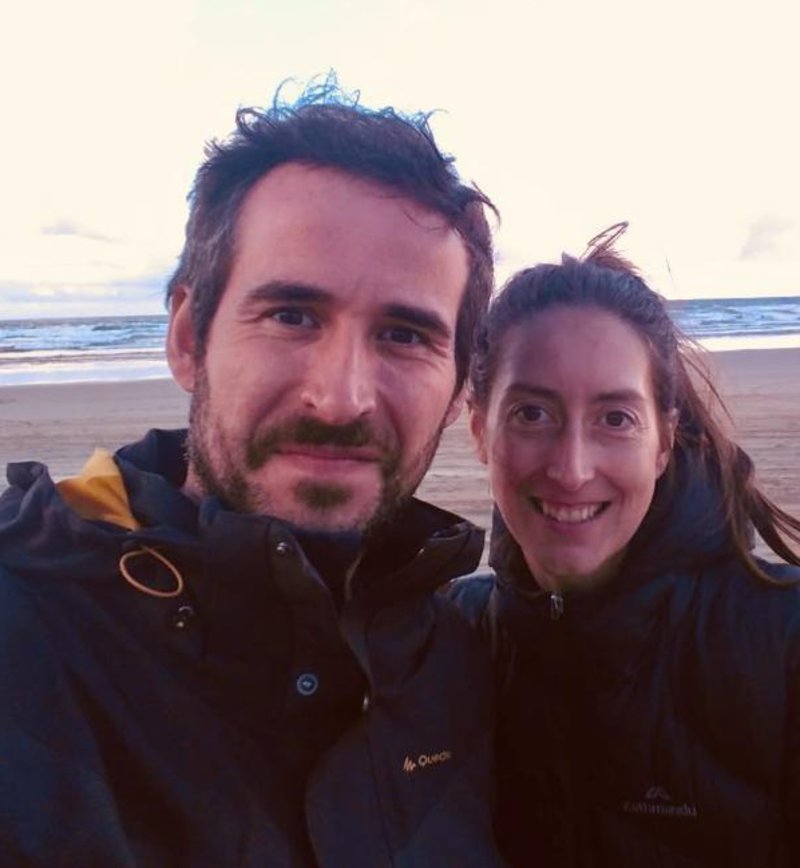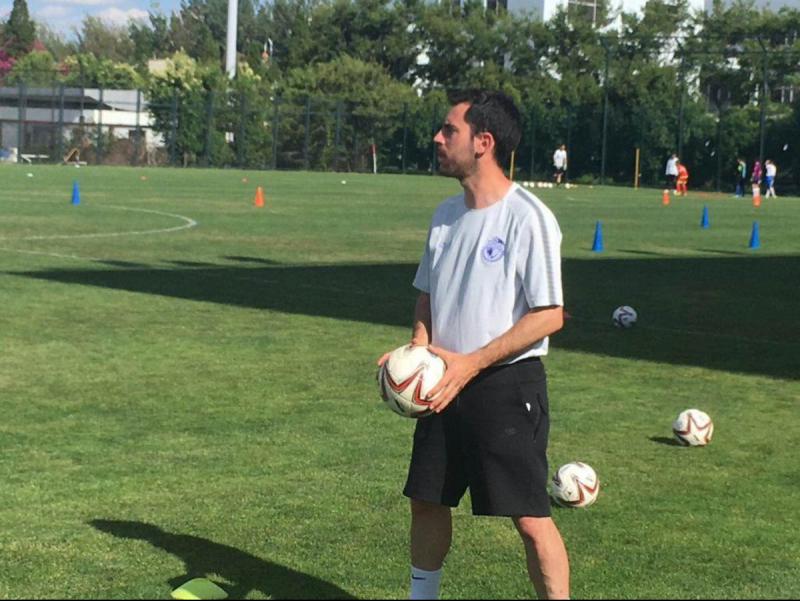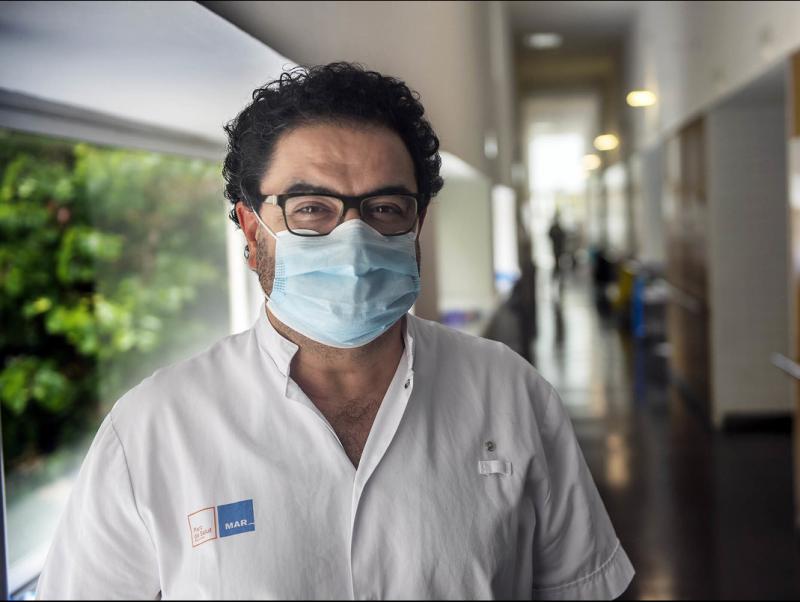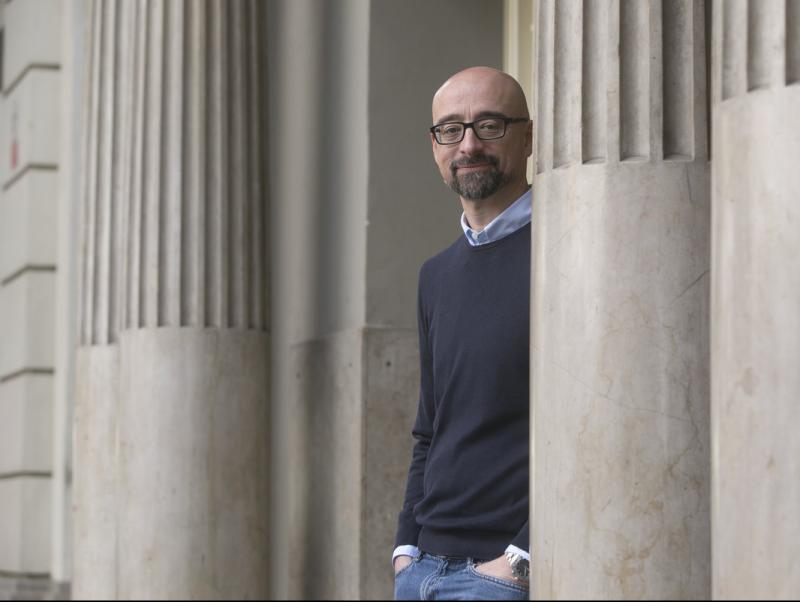oceania
Cases: 8,782 Deaths: 125 Recovered: 8,164
Born in Barcelona, Marçal Santmartí moved to Wellington, the capital of New Zealand, three years ago. Along with his Kiwi partner, Melissa Buckle, who is pregnant with their first child, he works for the government and says that despite the circumstances caused by the pandemic, they feel lucky. “New Zealand is an extraordinary case, both in terms of the number of people infected and the number of deaths, because they are very low,” he says. By the end of May, there had been just over a thousand confirmed cases and under 30 deaths.
Santmartí attributes this to different causes, starting with geography. “It is a remote and isolated archipelago. We’re four hours by plane from both Australia and the South Pole. And although the country is comparable in size to Spain, it’s only inhabited by 4.7 million people,” he points out. However, he also mentions social and cultural reasons that may have had an influence, such as the fact that most people live in isolated houses “and in general contact between people is much less common than in the Latin world.”
Praise for the government
According to Santmartí, the political leadership shown by prime minister Jacinda Arden has been praised as her government knew how to prepare for the arrival of the pandemic. “People took the advice and orders from the authorities very seriously, and at the same time demanded clear and fair rules,” he says. Nevertheless, the measures taken from the outset have not been as strict as those applied in Catalonia, and New Zealanders have never been prevented from going for a walk or doing sport in their local neighbourhoods. Despite this positive outlook, there have been some black spots, such as an increase in cases of domestic violence.
“A future economic downturn is expected with a few exceptions, such as the primary sector, which is one of the strongest in New Zealand,” he adds, and says that despite the economic stimulus aimed at helping certain sectors, he is well aware that many industries will be changed forever, such as tourism and face-to-face retail.” New Zealand is already thinking about how to position itself in the world to come “as a sustainable and clean country, which is also free of Covid-19”.
Maria Pujol is a third-year psychology student who was doing an Erasmus at the University of Sydney, Australia, when the pandemic hit. “The situation here is more relaxed, because there are fewer cases and because the borders were closed earlier, even those between the different states,” says the 21-year-old from Barcelona. The lower population density has also meant that the mobility of citizens has not been as affected as in other countries and retailers, in particular smaller ones, have had some freedom about whether or not to open for business. “There are shops that have decided to close because there is no one out on the street and there are those who have managed to keep making a living despite the restrictions,” she says.
Pujol shows surprise about how the authorities have dealt with the education sector, because schools have stayed open while universities were all closed at the end of March. “Stopping face-to-face classes has affected people from elsewhere, like me, because all social contact is structured around the university,” she says, although she acknowledges that they have made things easier for students to continue learning online.
Leaving the house
Pujol points out that you can go out on the street to go shopping and do sport. “But only two people are allowed out together and they must remain a metre and a half apart,” she adds. Leisure, especially those activities involving crowds, is prohibited, as is access to the more urban beaches “and people have even been fined for having picnics in the park.” The public health system has not been overwhelmed at any time, as the number of cases has not skyrocketed – Australia has had around 7,000 confirmed cases and under a hundred people have died. “What are full are the hotels, because everyone who has returned to the country has had to undergo a mandatory two-week quarantine in these establishments,” she says, adding that, in general, the public perception is that the situation has not been as serious as it might have been. As for the information she gets on how the pandemic has affected Catalonia, she says most of it comes from friends and family. “They tell me that in Spain the matter is serious and will take time to resolve,” she concludes.











